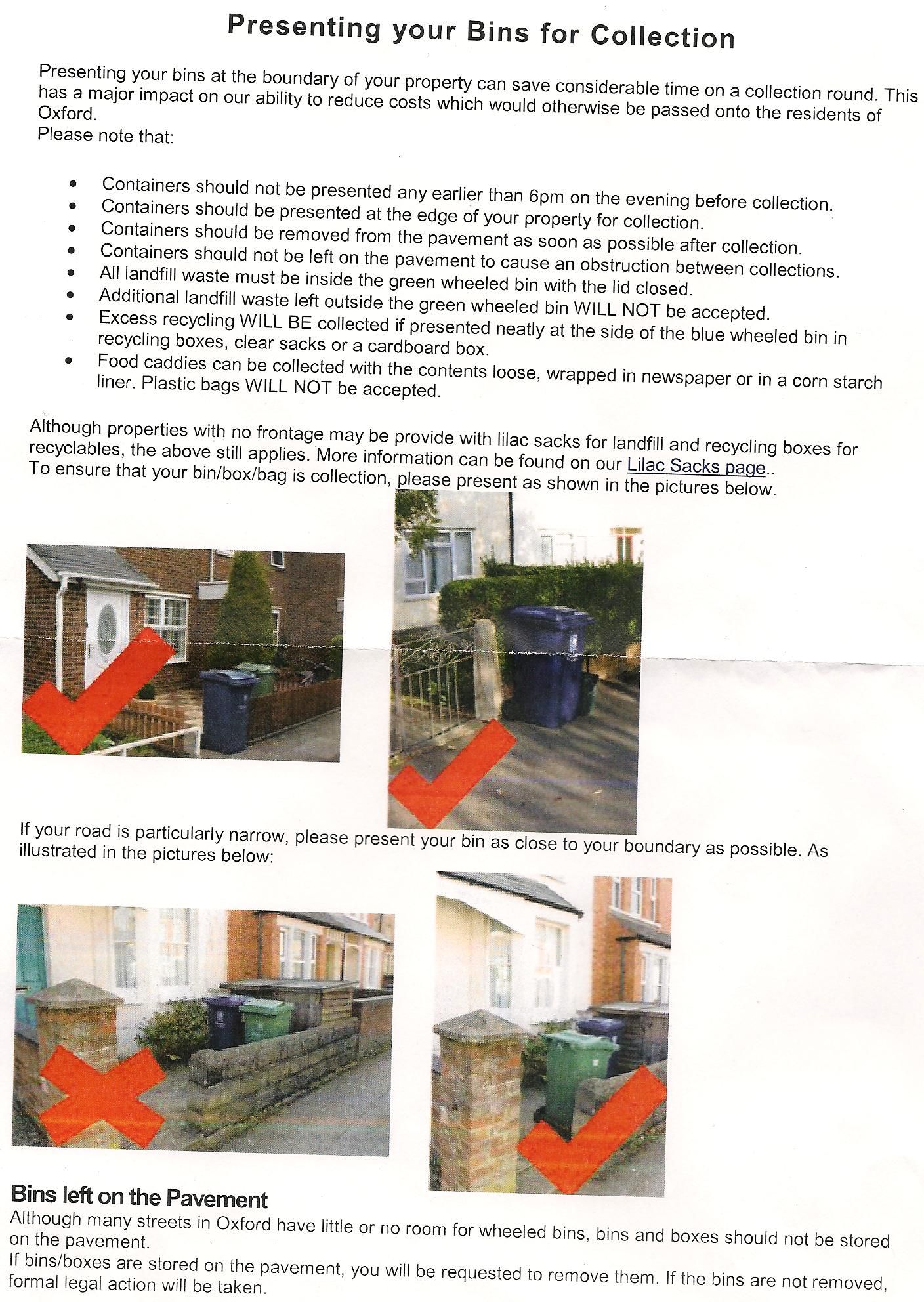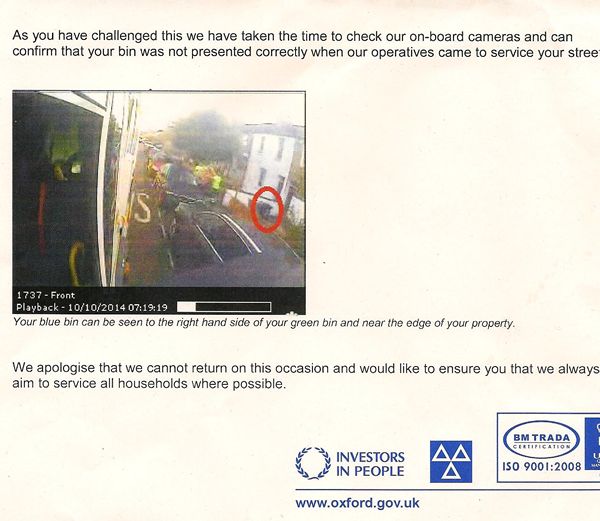 The UK and the US are using the massacres in Paris as a pretext for “increasing co-operation” on snooping on internet users.
The UK and the US are using the massacres in Paris as a pretext for “increasing co-operation” on snooping on internet users.
Prime Minister David “one is an ordinary bloke” Cameron said the two countries will set up “cyber cells” to share intelligence and conduct simulated attacks to test the defences of organisations such as banks.
Cameron is visiting Washington to tell them how to sort out their economy and security, and is due to have a second meeting with President Barack Obama today.
Cameron said that the two countries had hugely capable cyber defences and the expertise and that is why they should set up cyber cells on both sides of the Atlantic to share information, Cameron said.
The cooperation between Britain’s GCHQ eavesdropping agency and the US National Security Agency will include joint war games, with the UK providing the Games Workshop figures and the US providing the rules, the polyhedral dice and the joints.
The first exercise later this year to involve the Bank of England and commercial banks in both the City of London and Wall Street. It is not clear who will be exercising but if you ask any bankers we have seen to do a push up the body bag count will be high.
“This is a real signal it is time to step up the efforts and to do more,” said Cameron.
The British leader said he also planned to discuss with Obama how the two countries could work more closely with big Internet companies such as Facebook and Google to monitor communications between terror suspects. This is of course something that Facebook and Google want nothing to do with, so chances are he will be talking about bringing in laws to force them.
One thing Cameron has not answered is that if the UK and US have such wonderful cyber ability and resources, how did the Paris attacks actually happen? It seems that the more snooping powers that the UK and the US demand, the less effect it has on the goal of preventing terrorism.











